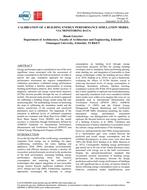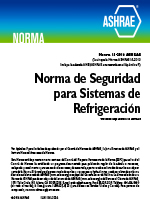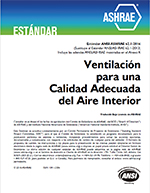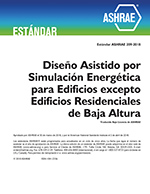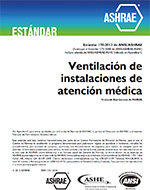Description
Energy performance gap is considered as one of the mostsignificant issues associated with the assessment ofenergy consumption in the built environment. In order tonarrow this gap, simulation approach for energyperformance assessment are requires comprehensivecalibration procedures. Calibrated energy performancemodels facilitate a baseline representation of existingbuilding performance patterns, thus, further accuracy indiagnosis, operation and energy conservation measures(ECMs) become possible through the use of calibratedmodels. The present study presents an iterative approachfor calibrating a building energy model using full yearmonitoring data. The methodology focuses on disclosingthe steps in calibrating the simulation model and therelative sensitivities of the assumed and monitoredparameters used in calibration. The magnitude of thealteration in different levels of calibrated simulationmodels are evaluated with Mean Bias Error (MBE) andRoot Mean Square Error (RMSE) and the modelaccuracy is controlled through benchmarks defined byASHRAE Guideline 14, International PerformanceMeasurement and Verification Protocol (IPMVP) andFederal Energy Management Program (FEMP).
Citation: ASHRAE/IBPSA-USA Bldg Simulation Conf, Sept 2018
Product Details
- Published:
- 2018
- Number of Pages:
- 8
- Units of Measure:
- Dual
- File Size:
- 1 file , 1.7 MB
- Product Code(s):
- D-BSC18-C074
